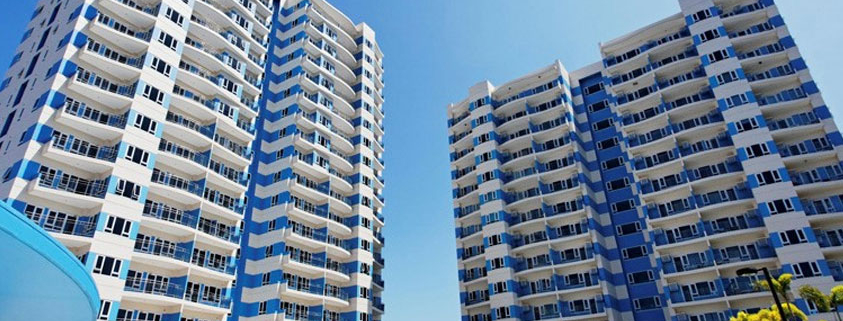Must communities retrofit for handicap accommodation
The question often arises as to whether condominium, cooperative and homeowners’ associations need to install wheelchair ramps, elevator or swimming pool lifts or redo common area bathrooms to accommodate handicap persons.
The general answer is that associations may have to waive certain rules to reasonably accommodate the handicap, such as allowing emotional support or service animals in a no-pet building but the association does not have to spend association funds on modifying the common areas to accommodate the handicap, such as adding wheelchair ramps. However, if the handicap person wants to spend their money to alter the common areas for their use, then the association has to allow for reasonable modifications to do so.
Recently this answer was confirmed by the 1st District Court of Appeals in the case of Harbour Pointe of Perdido Key Condominium Association Inc. (Perdido Key) v. James Henkel (Henkel), 216 So. 3d 753, (Fla. 1st DCA, 2017).
In this case, Henkel filed a housing discrimination complaint with the Florida Commission on Human Resources (Commission) pursuant to the Fair Housing Act. Henkel alleged that Perdido Key committed discriminatory housing practices by making modifications that created inaccessible routes and entries to public and common use areas at the condominium.
The Administrative Law Judge said that Henkel had failed to establish that the association discriminated against him based on his handicap and recommended dismissal of the complaint. The Commission disagreed with the judge’s conclusion so Perdido Key appealed the final order of the Commission.
The 1st District Court of Appeals found that the Commission erred in determining that Perdido Key committed discriminatory housing practices by allegedly making modifications to the opening pressures of the entrance and exit doors of the condominium that rendered them non-complaint with the Fair Housing Act’s design and construction standards.
Perdido Key did not design or construct the condominium and there was insufficient evidence that the association modified the doors since ownership of the condominium was transferred and the association became responsible for the management and operation of the condominium. In fact, a former association manager testified that: “We did have maintenance try to adjust the doors, but they were not adjustable.” The original judge found that “the subject doors have opening pressures that vary, but are usually out of compliance with applicable Florida and Federal standards for handicap access.”
Apparently, according to Henkel, it used to be easier to open the doors when the building was brand new and then it became more difficult and that is why he brought the complaint probably thinking that the association, by adjusting them, made them harder to open. However, the manager testified that the doors were not adjustable and other testimony showed that such doors’ opening pressures will vary and are usually out of handicap access compliance.
Because condominiums and HOAs are not places of public accommodation, they are not required to have all the handicap parking spaces and handicap bathroom facilities like you find at a public place such as a grocery store, concert hall or airport that must comply with more strict ADA requirements.
For many older condominiums there are no handicap parking spaces and such condominiums are not usually required to add them now because the buildings were not designed, nor required to be designed, with handicap parking spaces originally.
Rob Samouce is a principal attorney in the Naples law firm of Samouce & Gal, P.A. He concentrates his practice in the areas of community associations including representing condominium, cooperative and homeowners’ associations in all their legal needs including the procedural governance of their associations, covenant enforcement, assessment collections, contract negotiations and contract litigation, real estate transactions, general business law, construction defect litigation and other general civil litigation matters. This column is not based on specific legal advice to anyone and is based on principles subject to change from time to time. If you have any questions about the column, Rob can be reached at www.SandGlawfirm.com.

